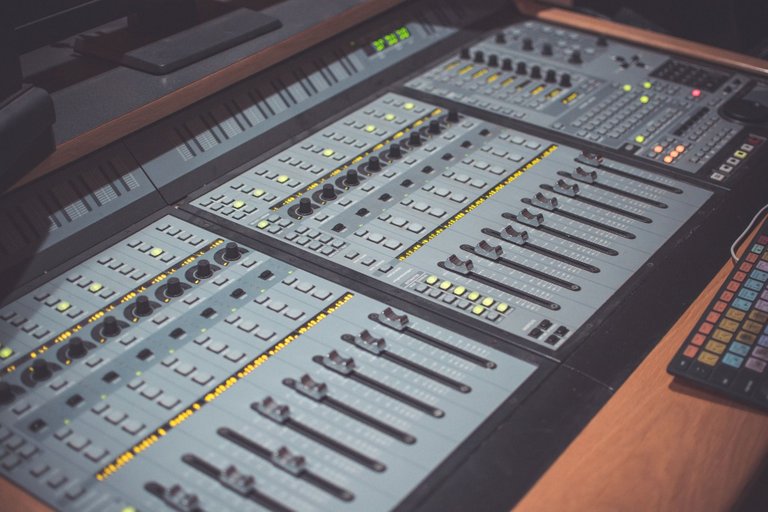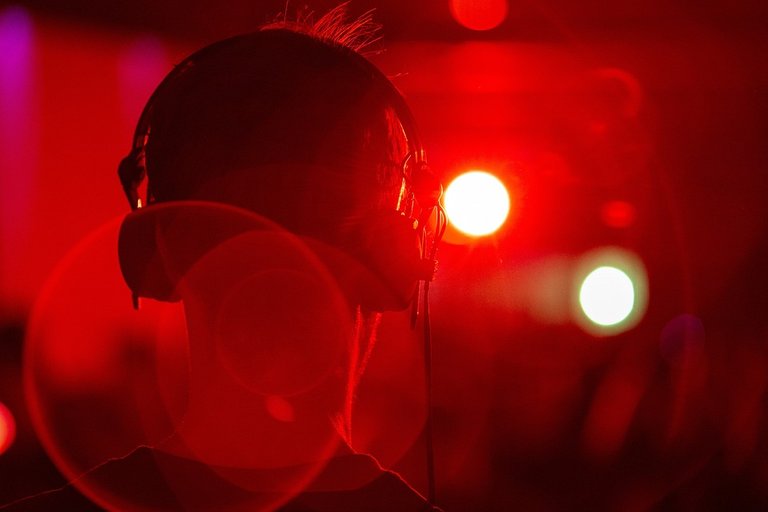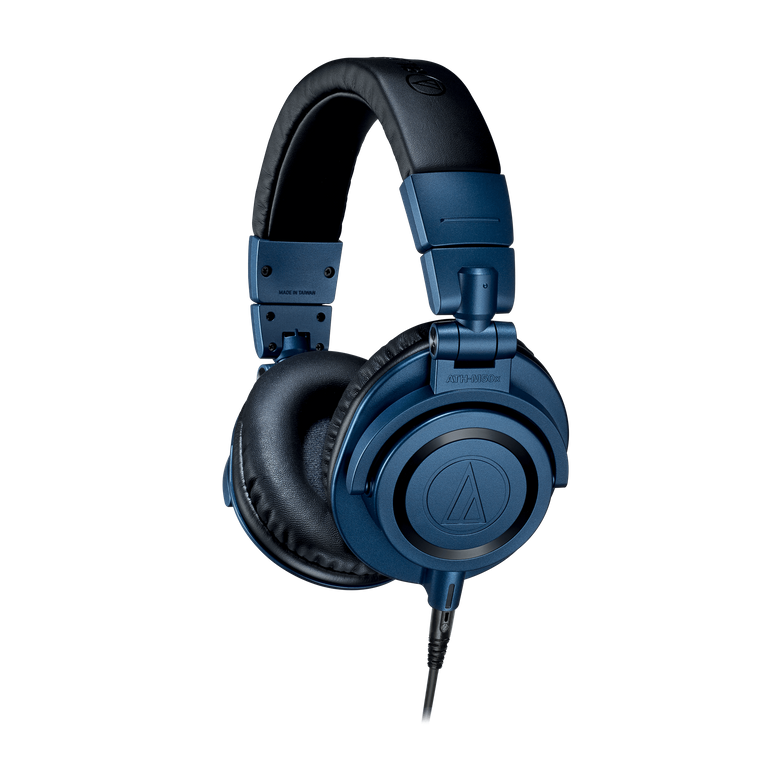Audio Mixing - Referencing
Hello to the music community, churches worship community, and also the sound geeks!
Due to the positivity I received from the last post I decided post another one of these sharing and learning about sound engineering. Teaching and learning has always been a part of my passion. It is exciting to have people that are interested in sound engineering since it is the behind the scenes job which often is not very appealing compared to being an onstage performer. Once again, I am here to share my two cents and some tips about sound mixing. Today will be covering referencing!

One of the most important aspect of sound engineering that is often overlooked is referencing. Referencing means the practice of using existing audio recordings as a reference for a new recording. It involves comparing the new recording to existing recordings to ensure that the new recording is of the same quality or better.
- Referencing is important in sound engineering for several reasons. Firstly, it helps to ensure that the new recording meets the quality standards of the industry. Audio recordings are often judged based on how well they sound in comparison to existing recordings. By referencing existing recordings, sound engineers can ensure that their new recording is of a similar or better quality than what already exists.
- It maintains consistency across different recordings. For example, if a sound engineer is working on a project that involves multiple recordings, referencing can help to ensure that all the recordings have a consistent sound and quality. This is important in maintaining the overall consistency of quality.
- In other words, it will help you achieve at least benchmark consistency during your low days and improve significantly when you are at your best.
- Save time. Without referencing, sound engineers may spend hours or days trying to achieve a certain sound or quality that already exists in an existing recording. By referencing, they can quickly identify the elements that make up the desired sound and replicate them in the new recording, saving time and resources.
In a live concert or live event scenario, referencing helps you understand to capability of the sound produced by the system. In some cases, the places you work at will not provide a full range of surround sound; mixing without reference in these cases might bring you on a loopy loop where you try to recreate sounds that can never be heard in the sound system. Sometimes, it may cloud your judgement. When I was a junior, I used to know that I heard something missing from the track, but was never able to identify what was the problem.
In the end, By analyzing and comparing different recordings, sound engineers can develop a better understanding of how different elements contribute to the overall sound and quality of a recording. This can help them to improve their skills and techniques, and ultimately produce better quality recordings.

How to do referencing?
FIND -> STUDY -> COMPARE -> APPLY
FIND a reference track that has a similar style, genre, and overall sound to the new recording they are working on. The reference track should also be a high-quality recording that has been mixed and mastered by a professional sound engineer.
STUDY to the overall sound, the balance of the instruments and vocals, the effects used, and the overall dynamics and frequency balance of the recording.
COMPARE the reference track to their new recording, listening to them part by part and do an A/B comparison. Pay attention to the differences between the two recordings and identify areas where their new recording can be improved.
APPLY identified areas for improvements to the adjustments on the new recording or live scenario to match the quality and sound of the reference track. This may involve adjusting the levels, adding or removing effects, or making changes to the overall mix and mastering settings.
Equipment for referencing:
As far as equipments concerns, I am not a gadget freak. But please do not use cheap earpiece you get from handphones. One of the budget friendly sound engineer headphone is the:
Audio Technica ATH-M50x

- It is quite popular in the professional grade headphones designed for critical listening and studio use. They are well-regarded for their durability and comfort, with their earcups being able to swivel up to 90 degrees for easy one-ear monitoring. However it can be quite hot due to the closed-back design, and having a leather earpads you will need to take good care of it so they don't wear out too fast. Even if it did wear out, its earpads are replaceable so it's not to worry.
In conclusion, referencing is an important practice in sound engineering. It helps to ensure that new recordings meet the quality standards of the industry, saves time and resources, maintains consistency across different recordings, and improves the skills of sound engineers. Sometimes it doesn't even need to take a long time. Whenever you are confused during mid-work, take 10 minutes off and just listen to reference. It act like a palate cleanser to your ears.
Alright cool peeps, that is all from me at the moment. I don't want to take anymore of your time! Hope you guys learn something! Even better, share your advices or tips as well. I'd like to hear from y'all. Until next time. Wish you all a great day ahead! Peace out!
✌️
Congratulations @zliang! You have completed the following achievement on the Hive blockchain And have been rewarded with New badge(s)
Your next target is to reach 50 upvotes.
You can view your badges on your board and compare yourself to others in the Ranking
If you no longer want to receive notifications, reply to this comment with the word
STOPTo support your work, I also upvoted your post!
Check out our last posts:
Support the HiveBuzz project. Vote for our proposal!
a